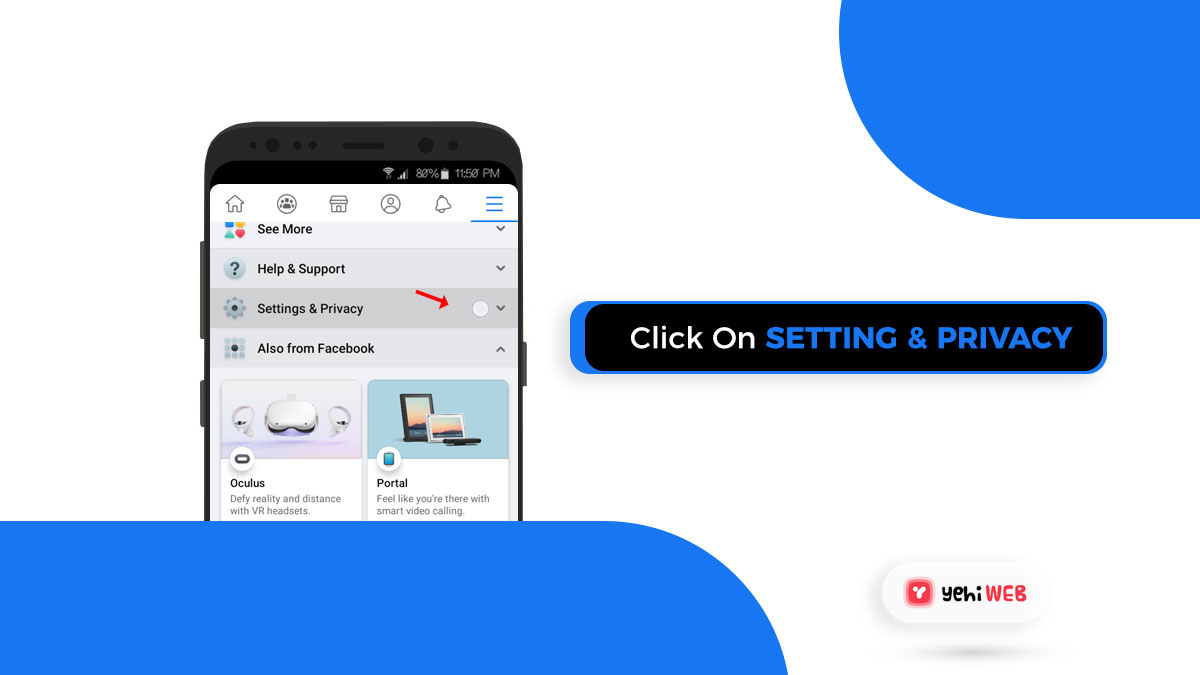Snapchat is a platform known for its disappearing messages, instant sharing, and fun filters. But for all its playful benefits, it can also become a weapon for malicious actors. One particularly frightening experience users might face is being blackmailed on Snapchat. If you’re caught in such a situation, it’s understandable to feel overwhelmed, frightened, or even ashamed — but you’re not alone, and there is a way forward.
Understanding Snapchat Blackmail
Blackmail on Snapchat typically involves someone threatening to share personal content about you — often intimate photos or private conversations — unless you meet their demands. These demands may be for money, more explicit content, or even actions that you are uncomfortable with. What makes it worse is the illusion of fleeting communication on Snapchat, which offers a false sense of security to many users.

It’s essential to recognize that *blackmail is a crime*, and being a victim of it is not your fault. Whether you shared something willingly or were coerced, the blame falls entirely on the blackmailer. Taking swift and informed action is important not only for your protection but also to help stop the blackmailer from targeting others.
First Things First: Don’t Panic
It’s easier said than done, but staying calm helps you make rational decisions quickly. When you panic, you might do something that worsens the situation — like complying with the blackmailer’s demands or deleting evidence.
Instead of reacting impulsively, take a deep breath and follow these steps.
Immediate Steps to Take
- Stop Communicating with the Blackmailer
Do not engage further — every message you send gives them more material to use against you. Block them immediately on Snapchat and any other platforms through which they contacted you. - Preserve Evidence
Before blocking, take screenshots or use screen recording tools to save all communications. This includes chat history, images, usernames, timestamps, and any proof of threats or demands. - Report the User to Snapchat
Use the in-app support feature to report the blackmailer. Go to their profile, tap the three-dot menu, and choose “Report.” Select options like harassment or threats and add relevant comments. - Enable Privacy Settings
Tighten your privacy controls. Set who can contact you, view your stories, or see your location to “Friends Only.” Revoke access to anyone suspicious. - Notify Law Enforcement
Report the incident to your local law enforcement agency. Bring the preserved evidence with you. Depending on your region, they may have a cybercrime division prepared to handle cases like these.
Contact Cybercrime Support Organizations
In addition to law enforcement, you can contact organizations that specialize in online safety:
- National Center for Missing & Exploited Children (NCMEC) – Particularly important if the victim is underage.
- Cyber Civil Rights Initiative (CCRI) – Offers legal support for victims of image-based abuse.
- StopNCII.org – An international tool to help prevent non-consensual intimate image sharing.
These organizations provide resources, emotional support, and may assist with content removal if it appears online.
If the Blackmail Involves Money
Do not pay the blackmailer. While it might seem like a quick fix to make the problem go away, paying doesn’t guarantee they’ll stop. In fact, it often makes you a more appealing target for future extortion attempts.
Instead:
- Inform your bank or financial institution if you’ve already sent money.
- Alert payment platforms like PayPal, Venmo, or Cash App, and report the transaction.
- Report the scam to your country’s cyber fraud reporting system (e.g., IC3.gov in the U.S.).
Help Is Available — Talk to Someone
Being blackmailed can take a significant toll on your mental health. You might feel ashamed, embarrassed, or scared — but you shouldn’t go through this alone. Talk to a trusted friend, parent, or counselor. Having someone aware of your situation provides emotional relief and practical help.
If you’re not ready to talk to someone you know, consider helplines such as:
- National Suicide Prevention Lifeline (988 in the U.S.)
- Childline (UK)
- Kids Help Phone (Canada)
Preventing Blackmail in the Future
You’ve taken steps to protect yourself now — but it’s also wise to be proactive going forward. Here are tips to keep your digital life safer:
- Never share explicit content online, even if you trust the recipient.
- Use Snapchat’s privacy settings to restrict who can contact you or view your content.
- Think before accepting new friends on any social platform. Ask yourself: Do I really know this person?
- Enable Two-Factor Authentication on your Snapchat account to prevent hacking.
- Educate yourself about online scams and threats — awareness is key.

What Snapchat Can (and Can’t) Do
Snapchat does have mechanisms to report and block abusive users, but they don’t offer live support for emergencies. Once reported, however, Snapchat’s Trust & Safety team investigates and can disable offending accounts. Unfortunately, since messages disappear, they may not always have access to chat history unless screenshots or recordings are provided.
So it’s important that you gather evidence quickly before anything vanishes. The app does notify users if a screenshot is taken — but in situations involving blackmail, ensuring you have proof far outweighs etiquette concerns.
What Happens If Content Gets Shared?
Sadly, blackmailers sometimes carry out threats. If you’ve discovered that private photos or videos of you have been posted online, act swiftly:
- Contact the website host and request urgent content removal under privacy laws.
- Use available tools like Google’s “Remove Outdated Content” feature.
- Contact organizations like Take It Down or Cyber Civil Rights Initiative that can help.
Also, let law enforcement know the material has been distributed. Documentation is key, and the more you report, the higher the chances of identifying and stopping the blackmailer.
You’re Not Alone — and You’re Not Helpless
Whether you’re a teen, a college student, or an adult, being blackmailed on Snapchat (or any platform) is an alarming and serious situation. But you do have resources, you do have support, and you do have power. By acting quickly, preserving evidence, and speaking up, you take back control from the blackmailer.
And always remember this: Your safety and well-being matter more than any image or message someone threatens to expose. Help is available — you’re not in this fight alone.
yehiweb
Related posts
New Articles
How To Revert A Commit In Git: Step-By-Step Commands And Best Practices
So you made a commit. Then you realized… it was a mistake. Maybe it broke the build. Maybe it deleted…


